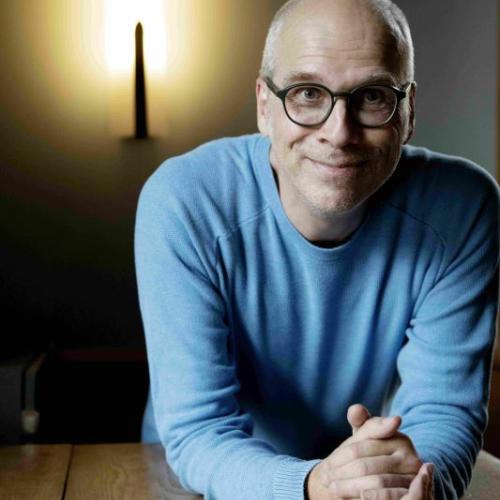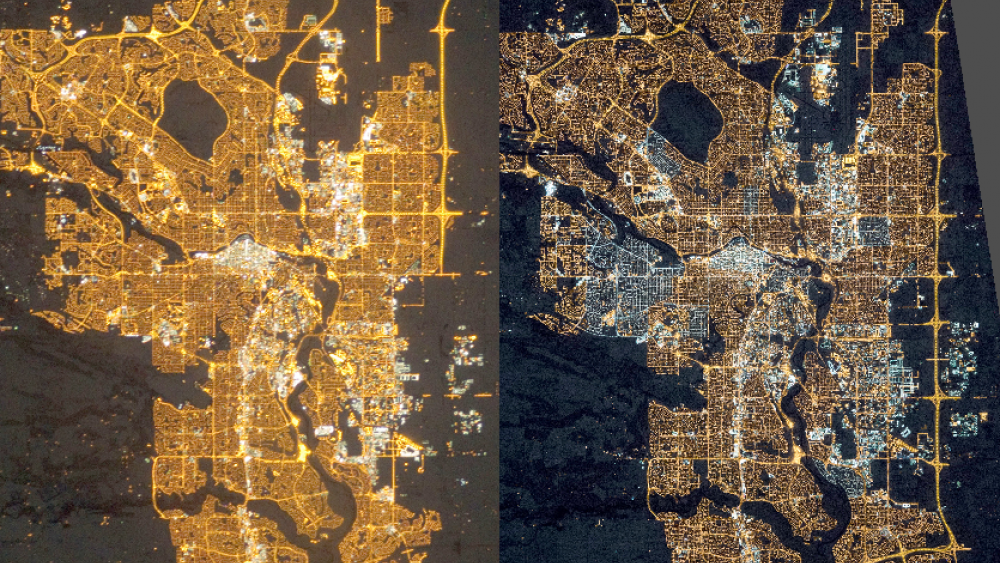
The images show how lighting has changed in Calgary (Canada). The photographs were taken by astronauts on the International Space Station (ISS) in 2010 and 2015. Many areas on the outskirts are now permanently lit, and a lot of neighbourhoods have switched from orange sodium lamps to white LED lamps. | Image: NASA’s Earth Observatory; Christopher Kyba / GFZ
The team around IGB guest scientist Christopher Kyba – resident at the German Research Centre for Geosciences (GFZ) – used, for the first time, a radiation measuring device that was specially launched into space for their work: a radiometer that detects light in the visible and near-infrared range. Since 2011 the Visible Infrared Imaging Radiometer Suite has been circling Earth on the Suomi-NPP satellite and detecting light in the wavelength range between 500 and 900 nanometres. VIIRS has enabled the generation of accurate light emission maps over a period from 2012 to 2016.
Although VIIRS can not even measure the entire range of the white light emitted by the new LED lights, the data show a clear increase. "In reality, it's even brighter. This is annoying because LEDs have great potential – we would only have to apply them properly. By observing just a few basic rules we could improve a lot," calls Franz Hölker, co-author of the study and head of the IGB research group Light Pollution and Ecophysiology.
Have a look at our recommendations for "night-friendly" lighting >
Read the study in the Open Access Journal Science Advances >
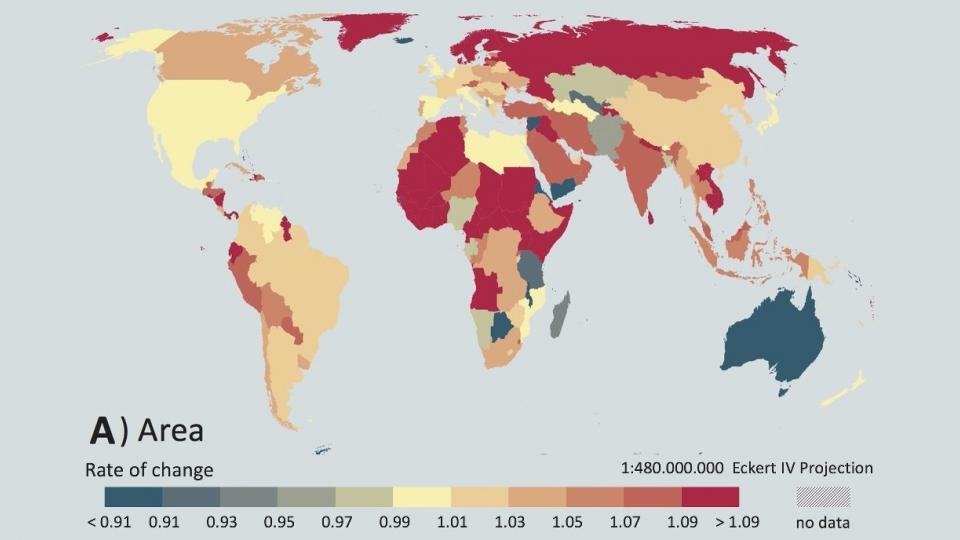
Image: Christopher Kyba / Science Advances
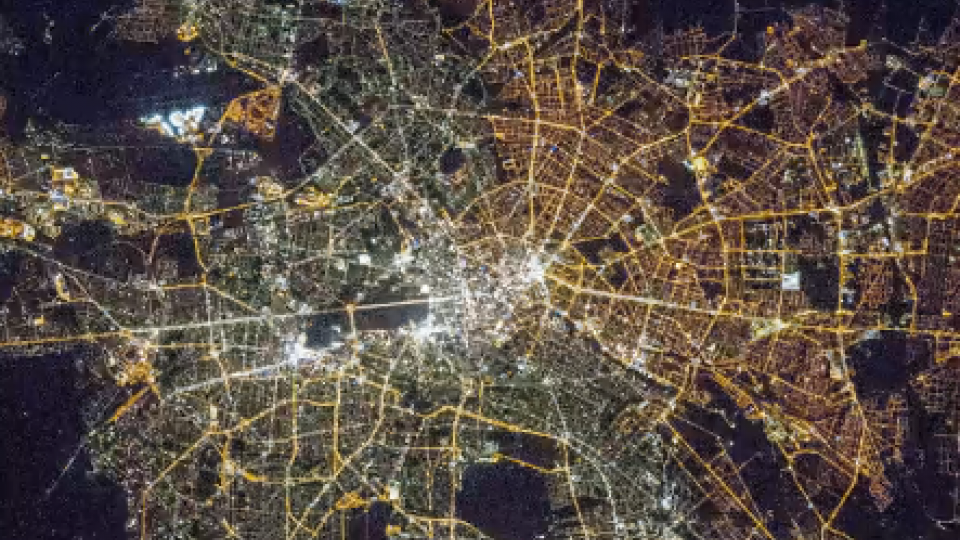
Berlin at night. | Image: Christopher Kyba / NASA’s Earth Observatory
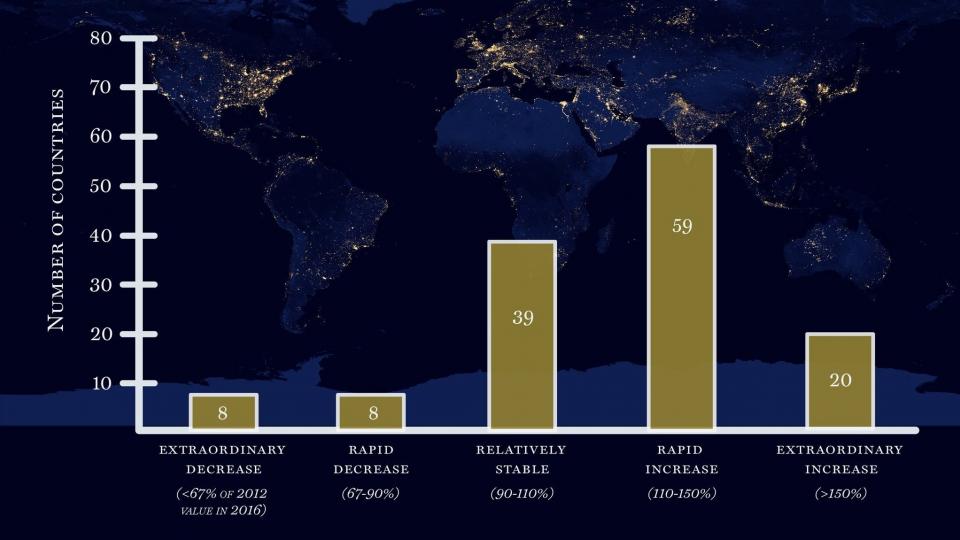
Changes in night light emissions from 2012 to 2016 around the globe. | Image: Christopher Kyba / Science Advances


